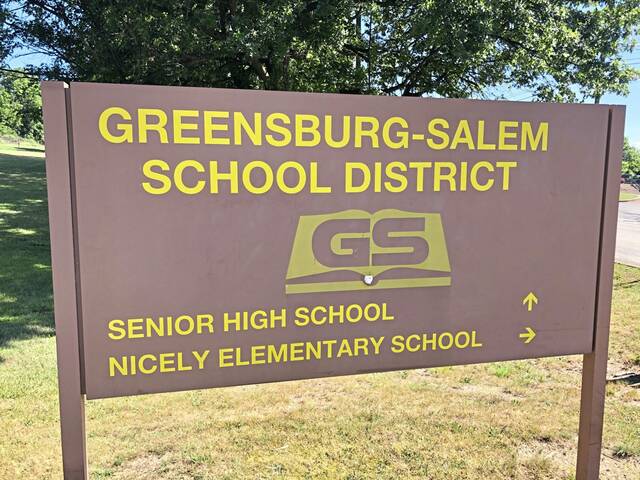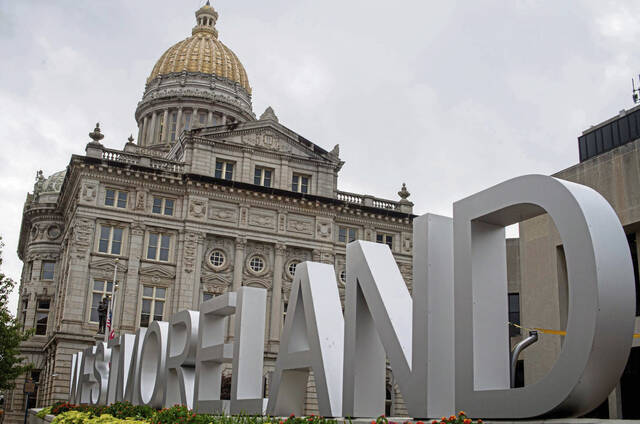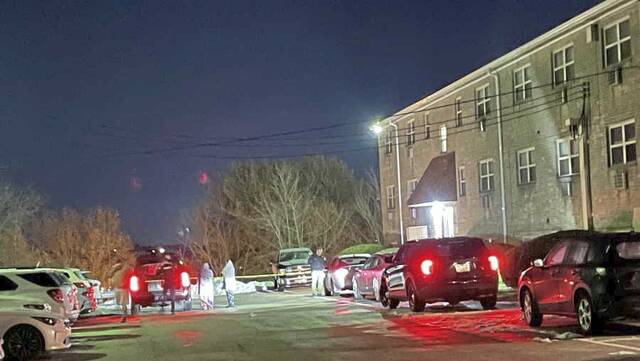Greensburg Salem will need to close a $2.1 million gap in its 2025-26 budget as it contends with rising health care and cyber charter tuition costs.
The district’s projected budget includes $51.9 million in revenue and about $54 million in expenses — a deficit that would require a 9.2-mill increase to overcome, according to Business Manager Allison Willis.
The board agreed in December not to exceed the maximum allowable tax hike, which for Greensburg Salem is 4.8 mills. Willis said the maximum bump would only reduce the $2.1 million deficit by $800,000 — less than half.
District administrators are identifying expenses they can cut from the budget, said Superintendent Ken Bissell.
“We already know some areas where we can start to close that gap and we’re working on that,” he said, “but we wanted to make sure that we showed (the budget) as is, with everything, for the public.”
The board voted to shift its June 18 voting meeting to June 25 to allow them more time to come to a decision on a final budget.
Greensburg Salem has a 92.2 mill tax levy. The district’s median assessed property value is $17,200 — which results in a real estate tax bill of $1,580.
Expenses on the rise
Though district revenue is expected to increase 1.6%, expenditures are also on the rise — up 5% in 2025-26 from this school year.
Half of the district’s revenue comes from local sources. State funding is expected to make up about 47%.
The state’s basic education subsidy is expected to increase just 0.4% — the lowest increase in a decade, Willis said.
But Greensburg Salem’s allocation from the state’s adequacy formula — aimed at more equitably funding school districts — is predicted to increase about $920,000.
Gov. Shapiro allocated $526 million to the adequacy formula this past school year. The move was brought on by a February 2023 court ruling that deemed the state’s education funding system unconstitutional.
The funding is funneled through the Ready to Learn block grant program, which includes uses such as improving academic performance, continuing professional education for teachers, physical and mental health services, disability inclusion and paying rising charter school tuition costs.
The district expects to pay $3.4 million next school year on tuition for 185 students — about 10 more than 2024-25 — to attend cyber charter schools.








